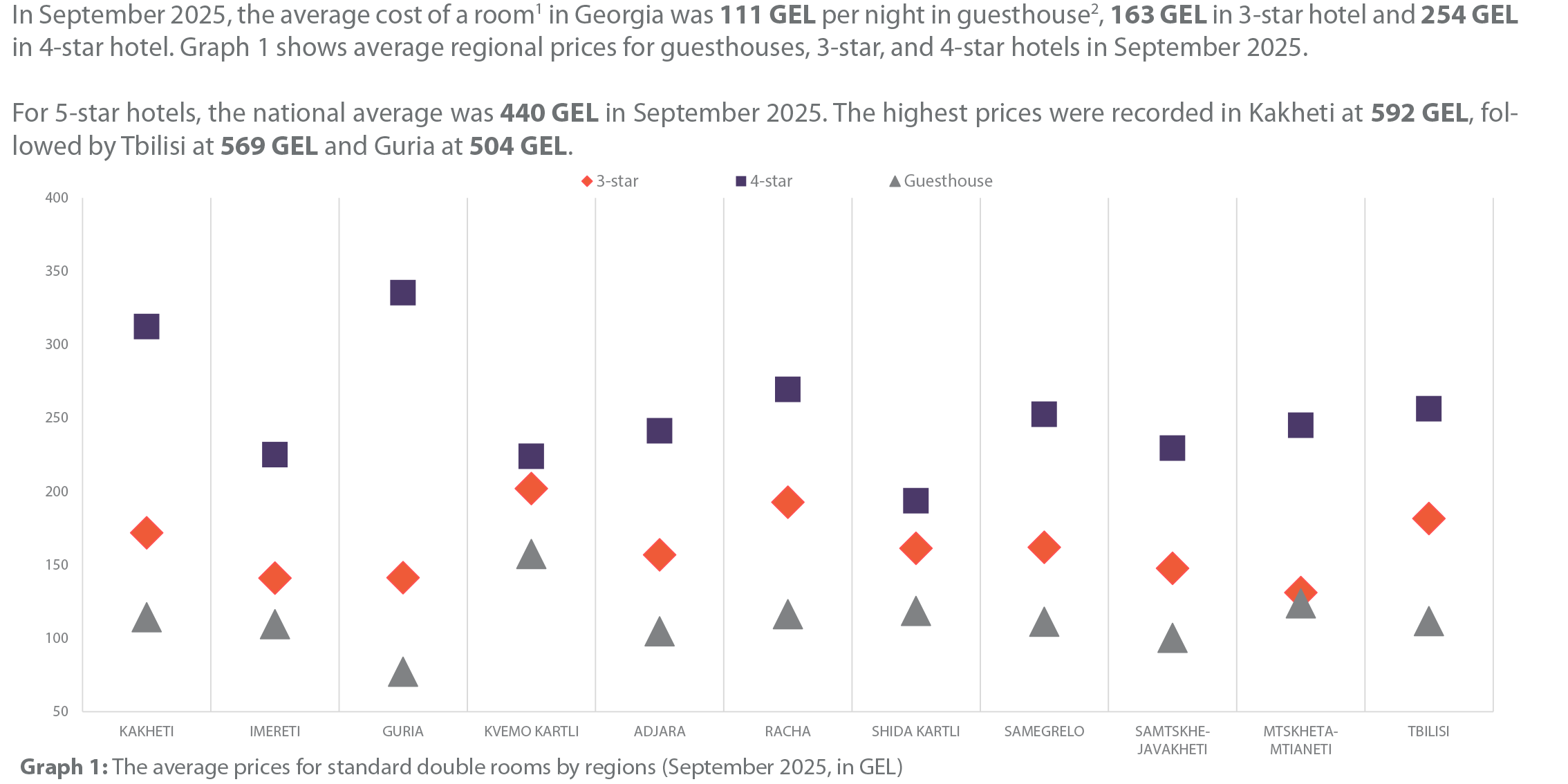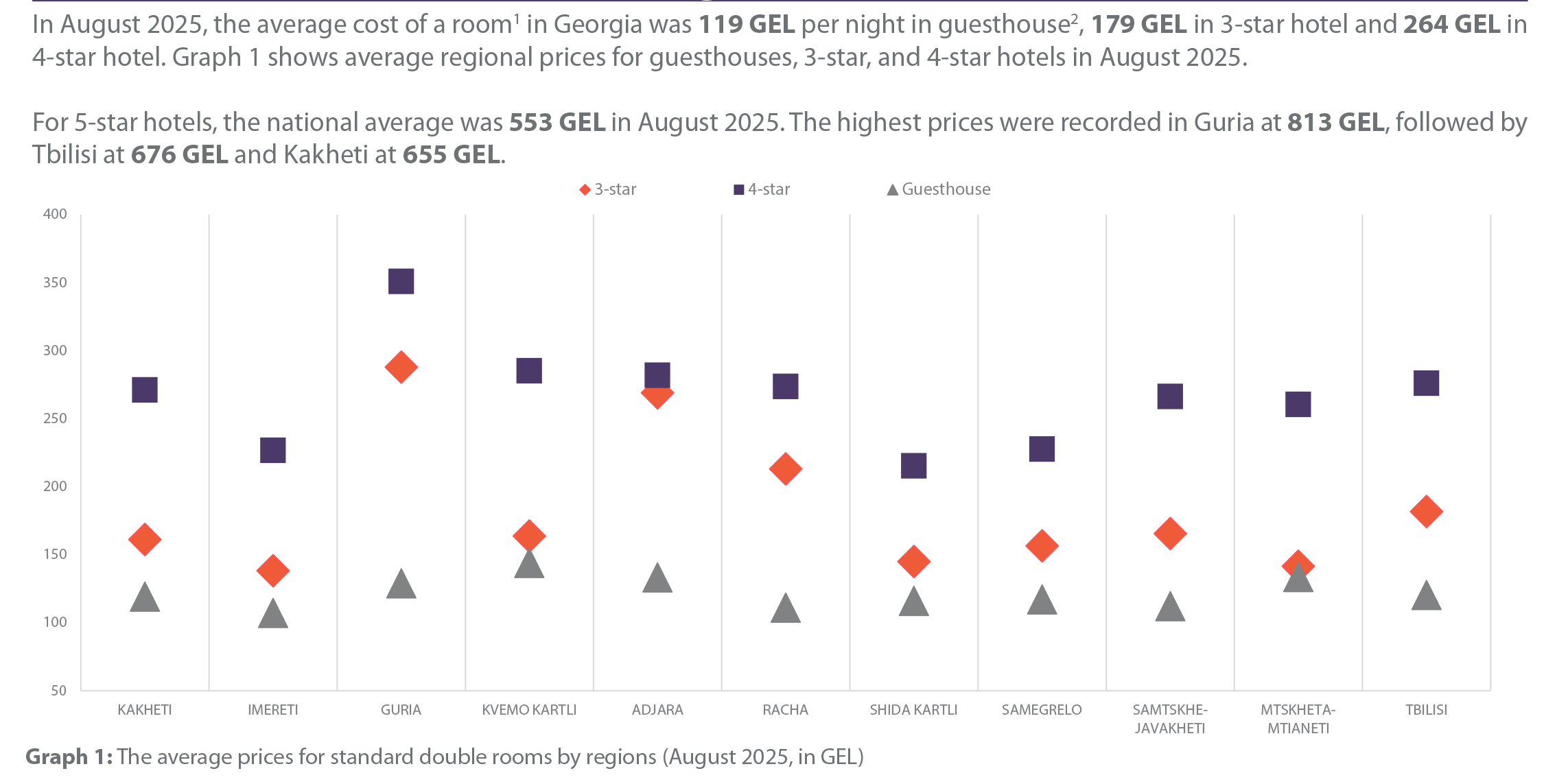Projects
Support to PFM Reform in Egypt
In recent years, Egypt has succeeded in establishing a macro-fiscal environment, during which time good progress has been made on budget consolidation, leading to more sustainable public finances.
Evaluating Preliminary Results of Policy Changes Related to Application and Enrollment in VET Programs
The main goals of this project are to examine the application and enrollment procedures in vocational education and training (VET) programs and to provide an assessment of the preliminary results of the newly-introduced policy changes. The study relies on an analysis of qualitative and quantitative data to garner insights into the challenges regarding the enrollment process in vocational programs and to provide relevant recommendations.
Supporting E-Work Market Development in Rural Areas
The project is designed to assess the e-work market demand among enterprises from the following cities of Georgia: Tbilisi, Batumi, Kutaisi, Rustavi, and Poti. It is also designed to help match this demand with the rural labor force of the following municipalities: Keda, Khulo, Borjomi, Akhalkalaki, Tetritskaro, Kazbegi, Lagodekhi, and Dedoplistskaro.
Functional Analysis and Development of Roadmap for State Support Programmes
The main objectives of the project are to conduct comprehensive analysis of state support programs in Georgia and to provide evidence-based recommendations for the modernization of these programs.
GE2002 - Development of Alternative Financing for MSMEs
PMCG, as a local sub-contractor of Abt Britain Limited, is supporting the Government of Georgia (GoG) by developing a draft strategy for a vibrant leasing industry, which will serve as a tool supporting the growth of micro, small, and medium enterprises (MSMEs), and stimulating fixed capital formation in the country under the Technical Assistance Facility Eastern Partnership (TAF EP), which is a part of the Good Governance Fund (GGF) program implementation mechanism, funded with UK aid from the UK Government.
Final Assessment of the Project - Water for the Poor
Caucasus Environmental NGO Network (CENN) with the financial support of the EU, implemented the project “Water for the Poor,” the objective of which was to protect and promote the right to health and to adequate living standards of citizens in vulnerable groups in multi-ethnic communities of Georgia. The specific objective of the action was to protect health and social rights through the reduction of discrimination and the introduction of water, sanitation and hygiene (WASH) standards and improve the well-being of women and youth in multi-ethnic rural communities of Kakheti (Akhmeta, Sagarejo, and Lagodekhi municipalities) and Kvemo Kartli (Dmanisi, Marneuli, Tetritskaro, and Tsalka municipalities).
Cluster Diagnostic Study of Poultry in Kvemo Kartli Region, and Processing and Preserving Fruits and Vegetables in Guria Region Clusters
This project aims to describe both the history and the current situation of clusters of the Guria and Kvemo Kartli regions of Georgia, to analyze their business operations, to develop a cluster map, and, finally, to elaborate both short-term objectives and a long-term vision for the development of the clusters.
Research of Good Practices and Moderation of Virtual Events at Municipal Level in Times of COVID-19
The goal of the project is to exchange experiences and innovative solutions quickly and efficiently across regions in the context of the COVID-19 pandemic, so that cities in GIZ’s Connective Cities Network can better prepare for the effects of the pandemic and increase the efficiency of their responses to local outbreaks. To attain this goal, PMCG will conduct research and moderate virtual events within the international network of the GIZ-funded Connective Cities platform. The themes of research and virtual events will be health, business, and governance in relation to the pandemic response at municipal level.
Public Financial Management (PFM) Maldives Activity Program
The main objective of our activities is to strengthen the public financial management (PFM) and domestic revenue mobilization (DRM) systems in the Maldives.
Digital Learning Readiness Assessment – Supporting the Shift to Online Learning in Georgia’s Public Sector
The project aims to enhance the effectiveness of digital learning services in Georgia. Specifically, we will identify the challenges posed by the shift to distance learning in response to the Covid-19 pandemic and will examine effective mechanisms to address such challenges, based on which a unified learning platform will be created for civil servants.














